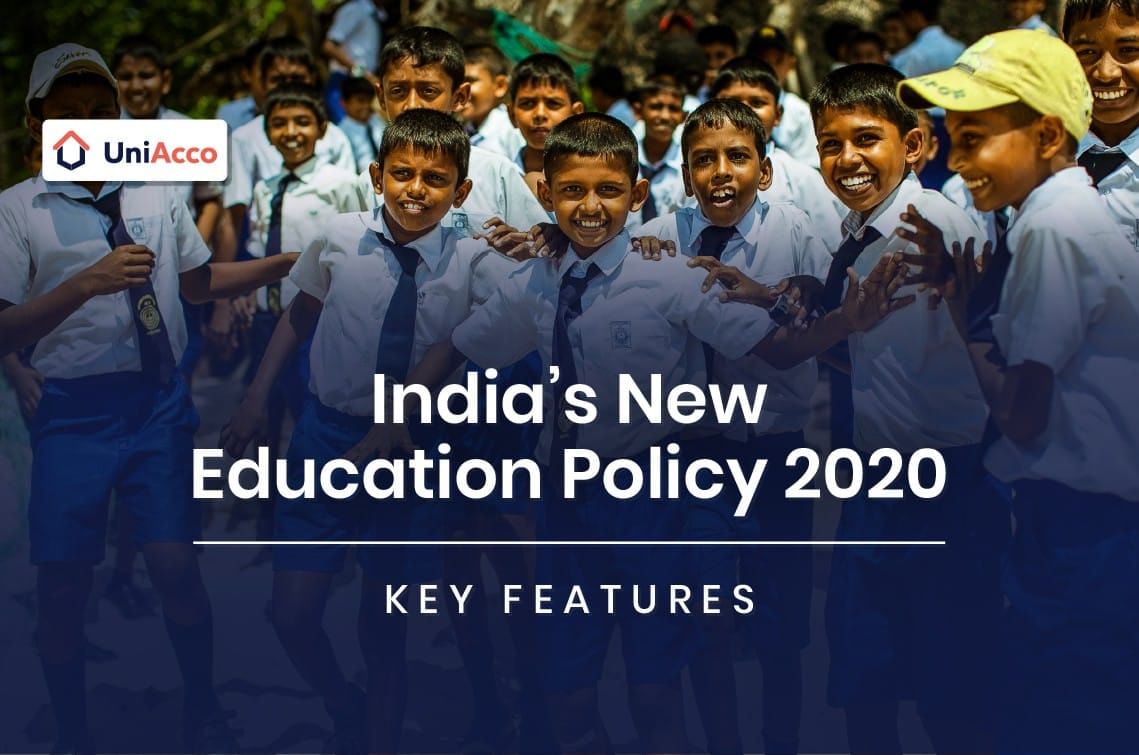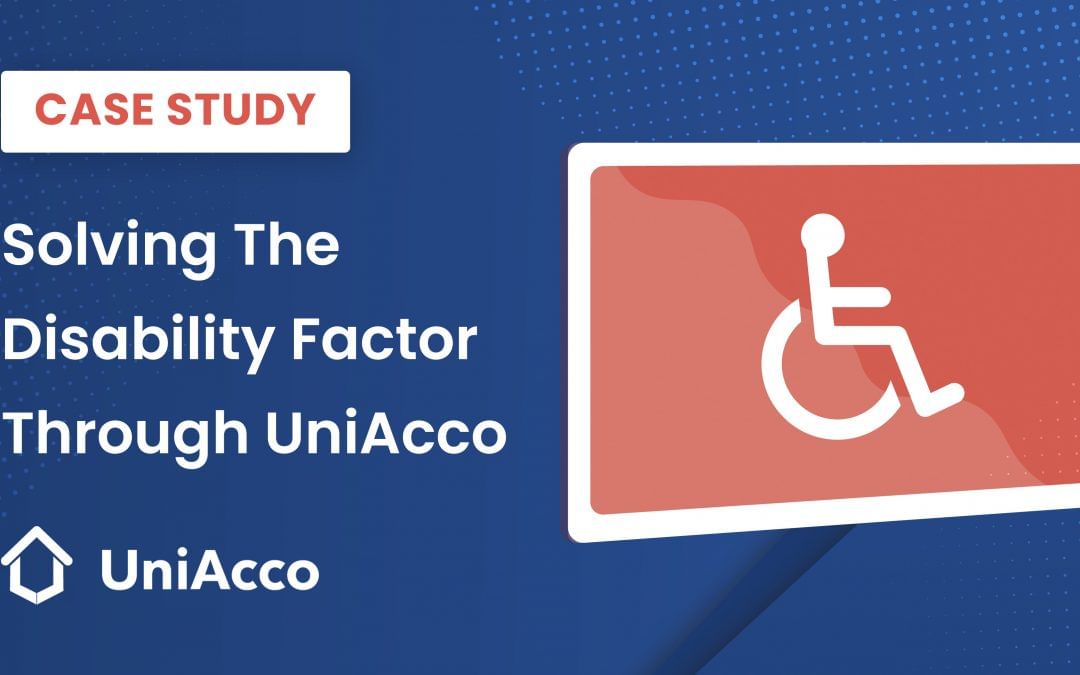On 29th July 2020, the Union Cabinet approved the New Education Policy (NEP) 2020. While the NEP has always existed, having been introduced in 1986 and later revised in 1992, the new NEP 2020 comes with significant changes and reforms that are poised to transform the Indian education landscape forever.
This landmark move will not only change the way a student studies but also the way exams are conducted. One of the most welcome moves of the NEP 2020 is the freedom students have in choosing their subjects in school and colleges. Many industry experts believe that giving students the freedom to choose their own subjects in school and college will ultimately result in generating a highly employable workforce, something the Indian economy is in dire need of.
The only question is, will the New Education Policy 2020 be implemented in a meaningful way?
Amit Singh, the Founder and CEO of UniAcco, says, “I think the New Education Policy 2020 was a long time coming. The Government has made it very clear that it wants to upgrade the country’s education system and I believe that by welcoming foreign universities to India, the education standards in the country will drastically improve. Indian institutes will face stiff competition from these foreign universities and this will inevitably propel Indian universities to be on par with their foreign counterparts in the coming years. This is the much-needed push our IIMs and IITs need to break into the top 100 universities in the world”.
He continues, “By welcoming foreign universities to India, we’re sustaining high talent in the country as students don’t have to move out to pursue education. Talented Indian students have long been frustrated by the rigidity of rote learning and as a result, moved to other counties where application-based learning is emphasised”.
Indeed, the New Education Policy promises to retain students in India. By introducing learning based on the application of core concepts, and developing skills from grade 6 onwards, every child will have at least one skill at the end of school education. The emphasis on multidisciplinary education and flexibility of subjects is interesting and will help in broad basing the thinking for the next generation.
Sayantan Biswas, the Co-Founder of UniAcco, says, “The New Education Policy 2020 brings about some massive changes to the current education system in the country. The new policies and reforms are in tandem with other fast-developing nations in Asia. I wish I could have gone through such a system. Who wouldn’t want to choose their own subjects while at school? The focus on multidisciplinary institutions, light government regulation, and creating equivalence of vocational and academic streams are welcome. I’m looking forward to a new wave of highly employable students”.
The New Education Policy 2020 does show similarities with the current education systems in other developed countries. The most seismic change in the New Education Policy 2020 is the new pedagogical structure of a 5+3+3+4 system, that is in line with international education standards. This structure will enable students to enrol themselves in vocational education from class 6 onwards. With the traditional school curriculum being reduced to core-subjects only, students will have time to pursue vocational courses like coding from class 6.















0 Comments